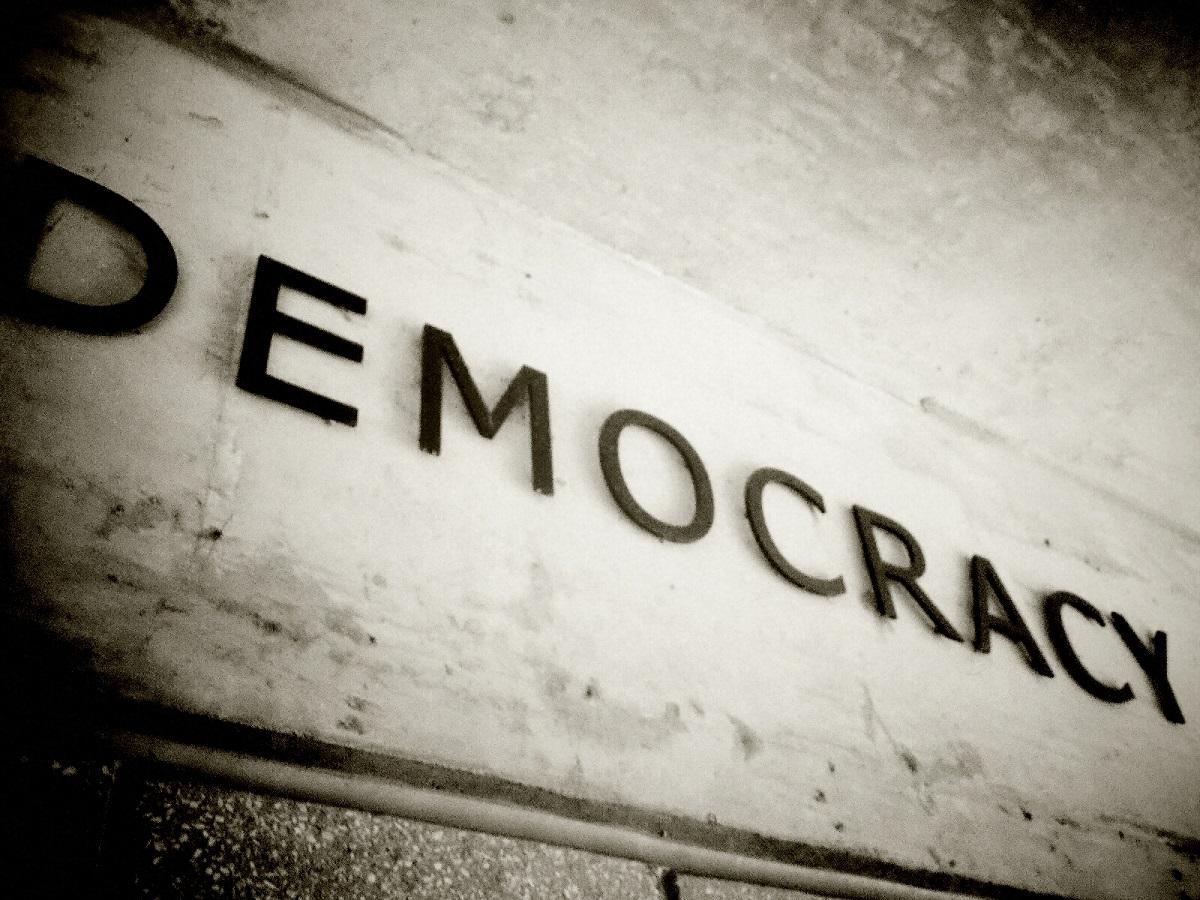External democracy support is a wide-ranging concept that refers to policies and actions which seek to influence other states towards democracy, strengthen existing democracies or consolidate emerging ones. In practice, it can be done by, for example, political dialogue, foreign aid, and election observation. Supporting democracy through foreign aid can mean development cooperation projects which may aim to strengthen and support political institutions and different aspects of democracy, such as parliaments, parties and, for example, women’s or youth’s political participation.
A broad understanding of democracy includes not only free and fair elections, but also human rights, the rule of law, respect for civil and political rights and free and independent media. Because the very definition of democracy is broad, there are many different approaches to democracy support. Each actor – which may be a government, a non-governmental organization, or a multilateral organization – approaches democracy support from a different perspective, focusing on certain aspects of democracy. Thus, support can be directed to different political institutions, systems, or champions of democracy. Demo Finland’s approach focuses on multiparty cooperation, strengthening political parties and actors on one hand and on the other enhancing the political participation of women, youth and people with disabilities who are often excluded from politics.
Support for the rule of law and good governance are closely linked with democracy support. However, focusing only on the rule of law or good governance may lead to ignoring the political elements in development cooperation. Support that is seen as more technical and therefore ”less political” might seem easier for donors. Nevertheless, in some contexts the value of democracy may be contested, and powerful elites might not be too keen on sharing their power. The worst-case scenario is that without understanding the political context and ignoring the functionality and inclusivity of democratic structures, aid may benefit autocratic leaders.
External support for democracy should always be rooted in the local need and want for democracy; the drive for democracy springs from the people and their desire to improve their country’s democracy for instance by increasing knowledge and speaking for democracy. Our support aims to offer them tools for this. Democracy or any political system cannot be imported as such from one country to another. But, as both consolidated and new democracies face many increasingly complex challenges, sharing good practices and working towards better democracy may be a shared goal.
Supporting democracy is also supporting peace. Studies indicate that democratic weakening makes countries more prone to conflict.* Democracy makes it possible for people to have a say their own future and society, and within a strong democracy conflicts can be resolved with peaceful means through multiparty dialogue. Supporting democracy is not easy or straight-forward, but evermore important: a strong democratic base makes sustainable development possible.
* For example, Hegre et al. (2020) in the article Civil Society and the Democratic Peace, Journal of Conflict Resolution 64(1) point out how the statistical probability of conflict between India and Pakistan increased as Indian democracy declined according to democracy indicators.
—
The views expressed are those of the author and do not necessarily reflect the views of Demo Finland.

